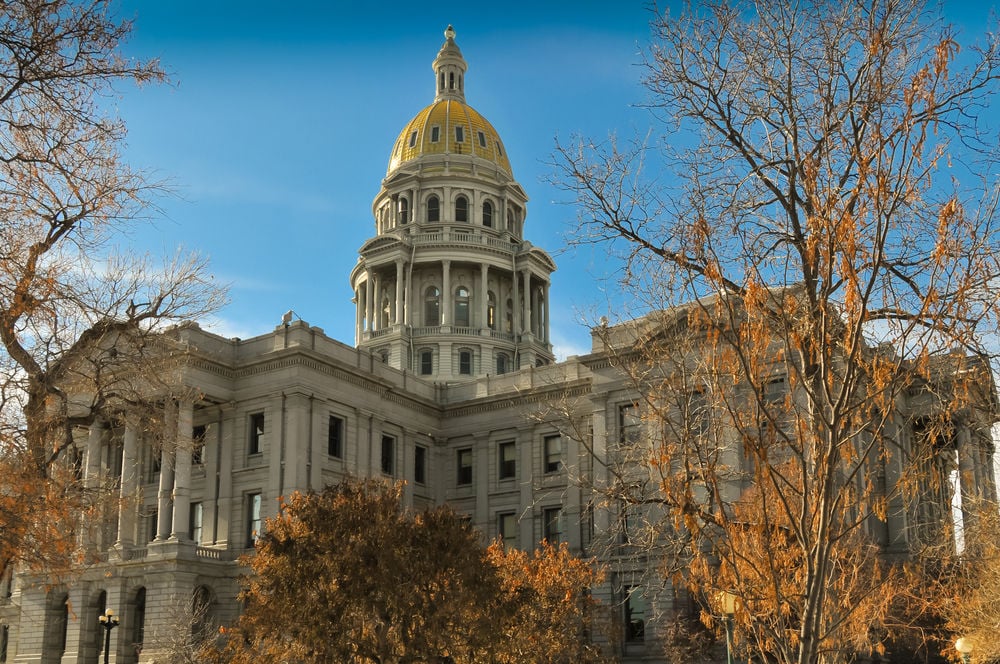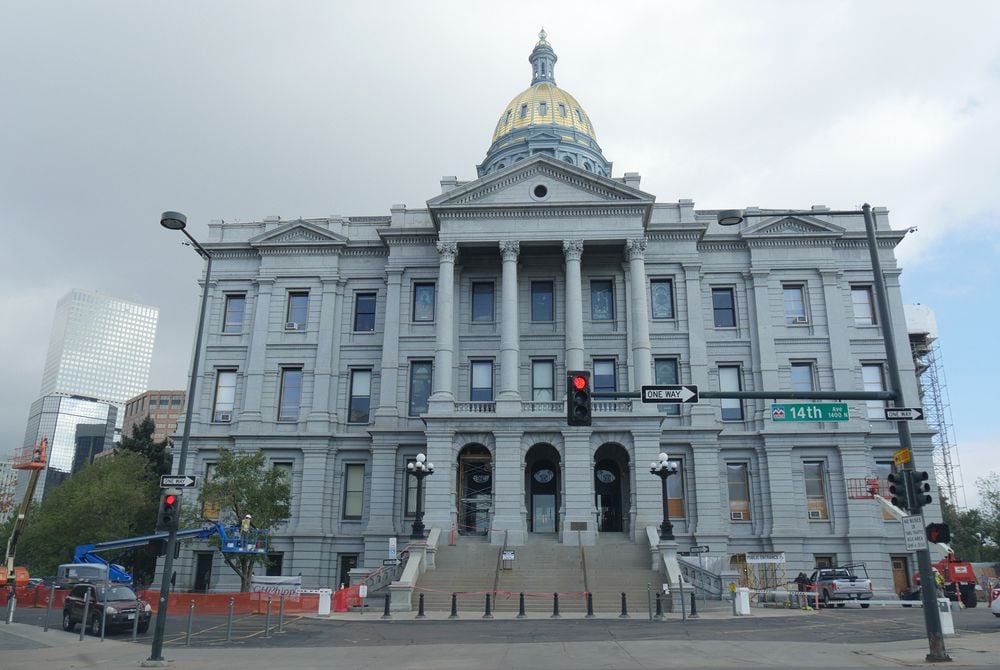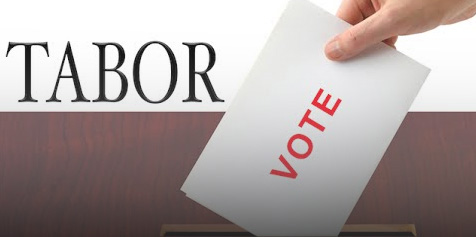egal battles continue over Taxpayer Bill of Rights, hospital fees, transportation taxes

Called the Taxpayer Bill of Rights, or TABOR, it took effect Dec. 31, 1992, and was designed to serve as another check against the growth of government. It requires that any increase in overall revenue from taxes not exceed the rates of inflation and population growth.
The TABOR Foundation, which was instrumental in advancing the amendment, maintains that it has been a successful measure.
Others maintain it interferes with advancing critical public spending initiatives. Sam Mamet, the executive director of the Colorado Municipal League, opposes TABOR. Mamet argued on the 25th anniversary of TABOR that “iIt is one of the most seriously damaging things the voters of the state have done to themselves in the last 25 years, in my humble opinion.”
Since its inception 26 years ago, many attempts have been made to amend, circumvent and litigate TABOR; the foundation counts at least 80 cases between 1993 and 2017.
Pfiffner said a perfect example of this is the 2015 lawsuit it filed, TABOR Foundation, et al. v. Colorado Department of Health Care Policy & Financing, et al. regarding Colorado’s “hospital provider fee,” which it argues is an unconstitutional tax.





